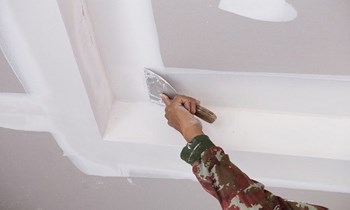
The benchmark for calculating capital gains on your unit is determining your cost basis in the unit. The cost basis for co-op and condominium units is calculated on the original purchase price of the shares or unit, plus capital improvements made during the entire period that the asset is held.
Eliot Lebenhart, a partner at Woodbury, New York-based accounting firm KVLSM explains how capital gains on a primary residence -- including co-ops and condos -- are calculated under the current tax law: “The sales price, minus commissions and other closing costs, minus your basis purchase price plus capital improvements. The difference between the two is your capital gain.” Lebenhart says that “If this is a primary residence, and you are single and have lived in the unit for two out of the last five years, you can exclude $250,000 from capital gains taxes. If you are married and filing jointly, the exclusion goes up to $500,000.”
Keeping up your property now will clearly help you keep taxes down later. So say you're single and paid $400,000 for your apartment 15 years ago, and then sold it today for $900,000, incurring $100,000 worth of closing costs. Your basis would be $900,000 minus that $100,000. Your cost basis in the property would be $400,000; $900,000 minus $100,000, minus the original $400,000 purchase price. Your exclusion would be $250,000, resulting in a taxable gain of $150,000. At the current 15% your capital gains tax would be $22,500.
Now, using the same example, let's say that you put a new kitchen and bathroom twice during the 15 years you called the unit home, at a cost of $30,000 each time, for a total of $60,000 in capital improvements. You would deduct that $60,000 from your basis as well — so $900,000 minus $100,000 in closing costs, and minus $60,000 in capital improvements, for a taxable basis of $340,000, resulting in taxable gain of $90,000 and a tax of $13,500 -- a savings of $9,000.
What Constitutes a Capital Improvement?
The question is actually 'What constitutes a capital improvement for the purposes of calculating capital gains taxes?' According to houselogic.com, “A capital improvement increases your home's value, while a non-eligible repair just returns something to its original condition. According to the IRS, capital improvements have to last for more than one year and add value to your home, prolong its life, or adapt it to new uses.”
The New York State Department of Taxation expounds further: “A capital improvement is any addition or alteration to real property that meets all three of the following conditions: It substantially adds to the value of the real property, or appreciably prolongs the useful life of the real property; It becomes part of the real property or is permanently affixed to the real
property so that removal would cause material damage to the property or article itself; It is intended to become a permanent installation." So for example, building a deck, installing a hot water heater, or installing kitchen cabinets are all capital improvement projects. Repairing a broken step, replacing the thermostat on a hot water heater, or refinishing existing cabinets are all examples of taxable repair and maintenance work.
Andrew Sgro is an audit manager with Prager Metis, CPA LLC, an accounting firm with offices in both New York City and Long Island. He explains in simple terms: “The basic difference is whether the addition is a permanent or structural improvement and enhances the overall value of the property. Replacing the refrigerator alone is not a capital improvement. Replacing the entire kitchen is. There has to be a significant amount of work.”
Sgro also stresses that if you do work in your apartment, keep records! You may need them if the IRS ever questions your capital gains basis. Keep receipts for everything purchased, and copies of your contracts with contractors. While the IRS rarely audits these types of tax filings, if they do decide to audit you, you will need proof of what you did and what it cost. To warrant an audit, Sgro points out, the taxpayer would have to send up a red flag. What constitutes a red flag? According to Sgro, “If you paid $500,000 for the house some time ago and you claimed you recently put in an additional $1 million to upgrade it, the IRS might take a look.”



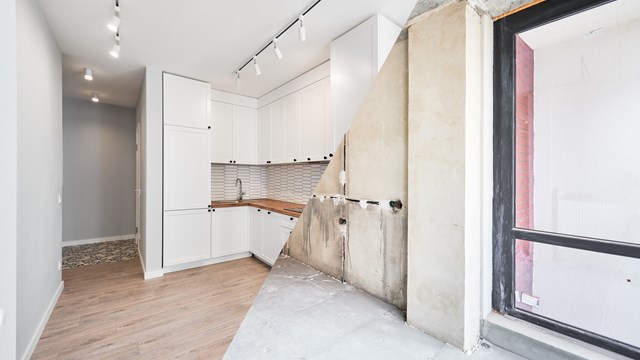


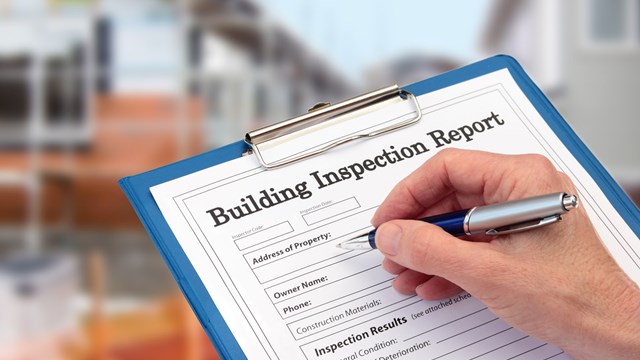
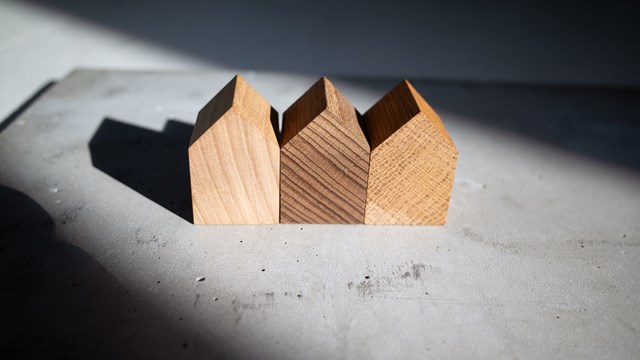
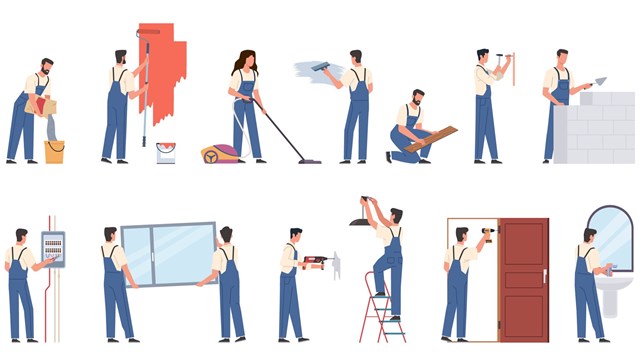
3 Comments
Leave a Comment